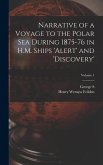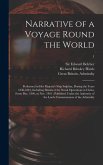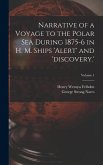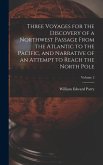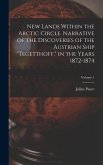Understanding the role of humans in environmental change is one of the most pressing challenges of the 21st century. Environmental narratives - written texts with a focus on the environment - offer rich material capturing relationships between people and surroundings. We take advantage of two key opportunities for their computational analysis: massive growth in the availability of digitised contemporary and historical sources, and parallel advances in the computational analysis of natural language. We open by introducing interdisciplinary research questions related to the environment and amenable to analysis through written sources. The reader is then introduced to potential collections of narratives including newspapers, travel diaries, policy documents, scientific proposals and even fiction. We demonstrate the application of a range of approaches to analysing natural language computationally, introducing key ideas through worked examples, and providing access to the sources analysed and accompanying code. The second part of the book is centred around case studies, each applying computational analysis to some aspect of environmental narrative. Themes include the use of language to describe narratives about glaciers, urban gentrification, diversity and writing about nature and ways in which locations are conceptualised and described in nature writing. We close by reviewing the approaches taken, and presenting an interdisciplinary research agenda for future work. The book is designed to be of interest to newcomers to the field and experienced researchers, and set out in a way that it can be used as an accompanying text for graduate level courses in, for example, geography, environmental history or the digital humanities.
Hinweis: Dieser Artikel kann nur an eine deutsche Lieferadresse ausgeliefert werden.
Hinweis: Dieser Artikel kann nur an eine deutsche Lieferadresse ausgeliefert werden.

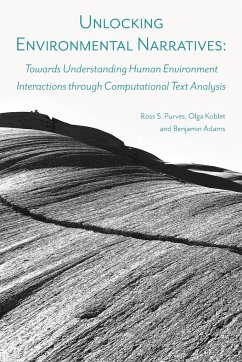
![The Life of Dr. Elisha Kent Kane and of Other Distinguished American Explorers [microform]: Containing Narratives of Their Researches and Adventures i The Life of Dr. Elisha Kent Kane and of Other Distinguished American Explorers [microform]: Containing Narratives of Their Researches and Adventures i](https://bilder.buecher.de/produkte/66/66196/66196768m.jpg)
![A Narrative of Arctic Discovery, From the Earliest Period to the Present Time [microform]: With the Details of the Measures Adopted by Her Majesty's G A Narrative of Arctic Discovery, From the Earliest Period to the Present Time [microform]: With the Details of the Measures Adopted by Her Majesty's G](https://bilder.buecher.de/produkte/65/65540/65540014m.jpg)
